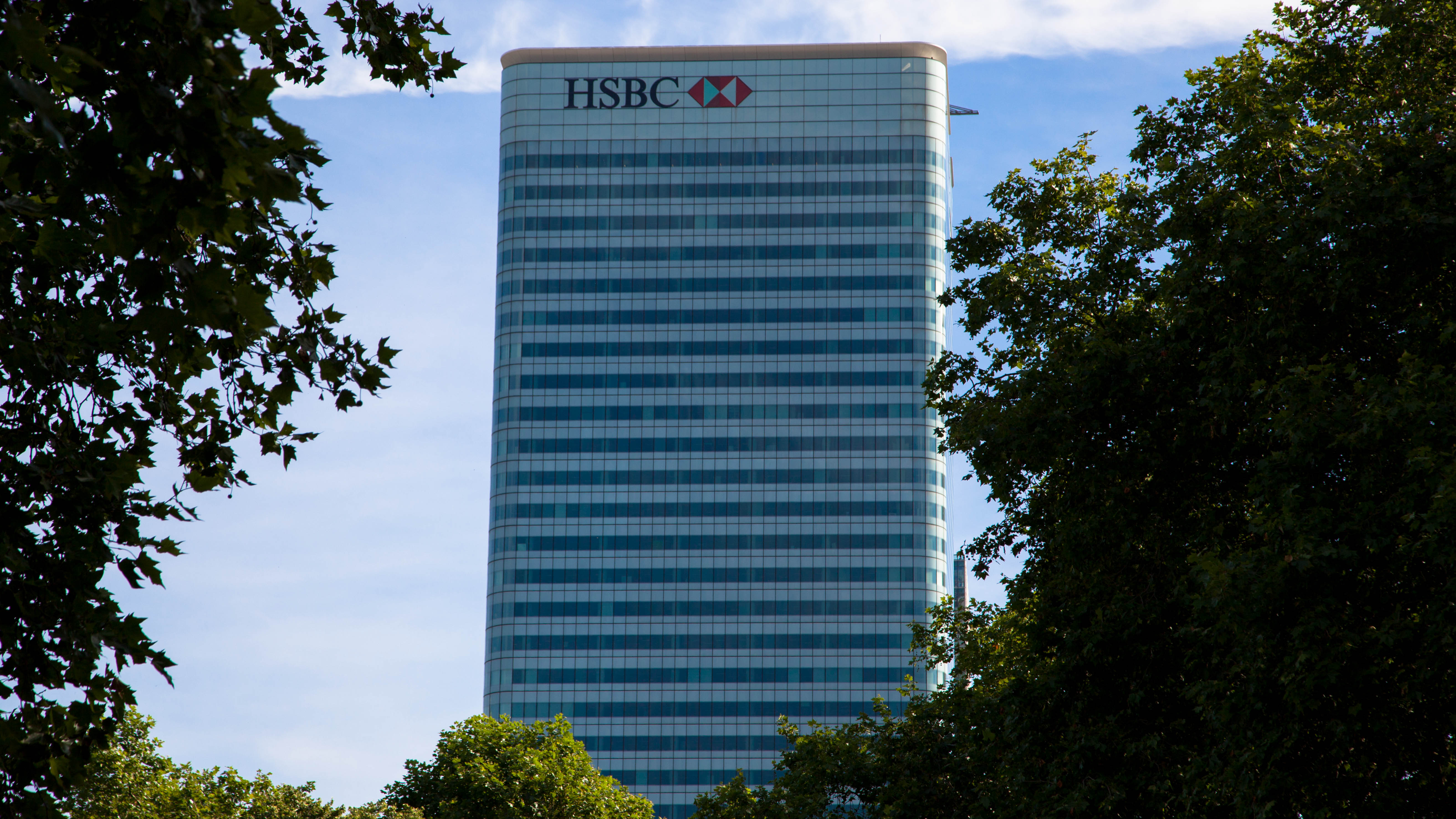HSBC is committing to align its financed emissions – the carbon emissions of its portfolio of customers – to the Paris Agreement goal to achieve net-zero by 2050 or sooner.
The banking giant has pledged to work with its customers in all sectors to develop tailored solutions to reduce emissions and will increasingly prioritise financing and investment that contributes to the low carbon transition and will apply a climate lens to financing decisions. HSBC’s ambition is to support customers with between $750bn and $1 trillion of finance and investment by 2030 to help with their transition.
Part of the strategy will be the creation of a $100m venture debt fund for CleanTech innovation, and launching a philanthropic programme to donate $100m to bring new solutions to viability.
Group chief executive Noel Quinn said: “As we enter a pivotal decade of change, we have a landmark opportunity to accelerate our efforts to build a healthier, more resilient and more sustainable future. Our net-zero ambition represents a material step up in our support for customers as we collectively work towards building a thriving low carbon economy.”
Critics have, however, pointed out that if HSBC’s net-zero commitment is to have any credibility, the bank has to phase-out support not just for coal but for companies involved in further oil and gas extraction and infrastructure, given that HSBC is Europe’s second largest financier of fossil fuels, according to the Banking on Climate Change report.
Jeanne Martin, senior campaign manager, ShareAction, applauded the move saying: “We welcome HSBC’s commitment to net-zero by 2050. Since Barclays’ announcement in March 2020, net-zero ambitions are quickly becoming the baseline in the banking industry.”
More bluntly, Adam McGibbon, UK Energy Finance Campaigner, at Market Forces, said: “HSBC’s statement that they’ll be “net-zero by 2050″ is like someone saying they’ll go on a diet by 2050 – they hope it sounds impressive, but it’s meaningless.”
Latest News
-
Airport hands local charities and groups £100,000 over last year
-
Private health provider awards £10,000 to arthritis research team
-
Building Society hands out £1m to tackle inequality
-
Premier League and Comic Relief partnership aims to improve children’s mental health
-
Russell Hobbs launches food poverty campaign in schools
-
Tottenham Hotspur and charities launch film to tackle mental health stigma
© 2019 Perspective Publishing Privacy & Cookies







Recent Stories